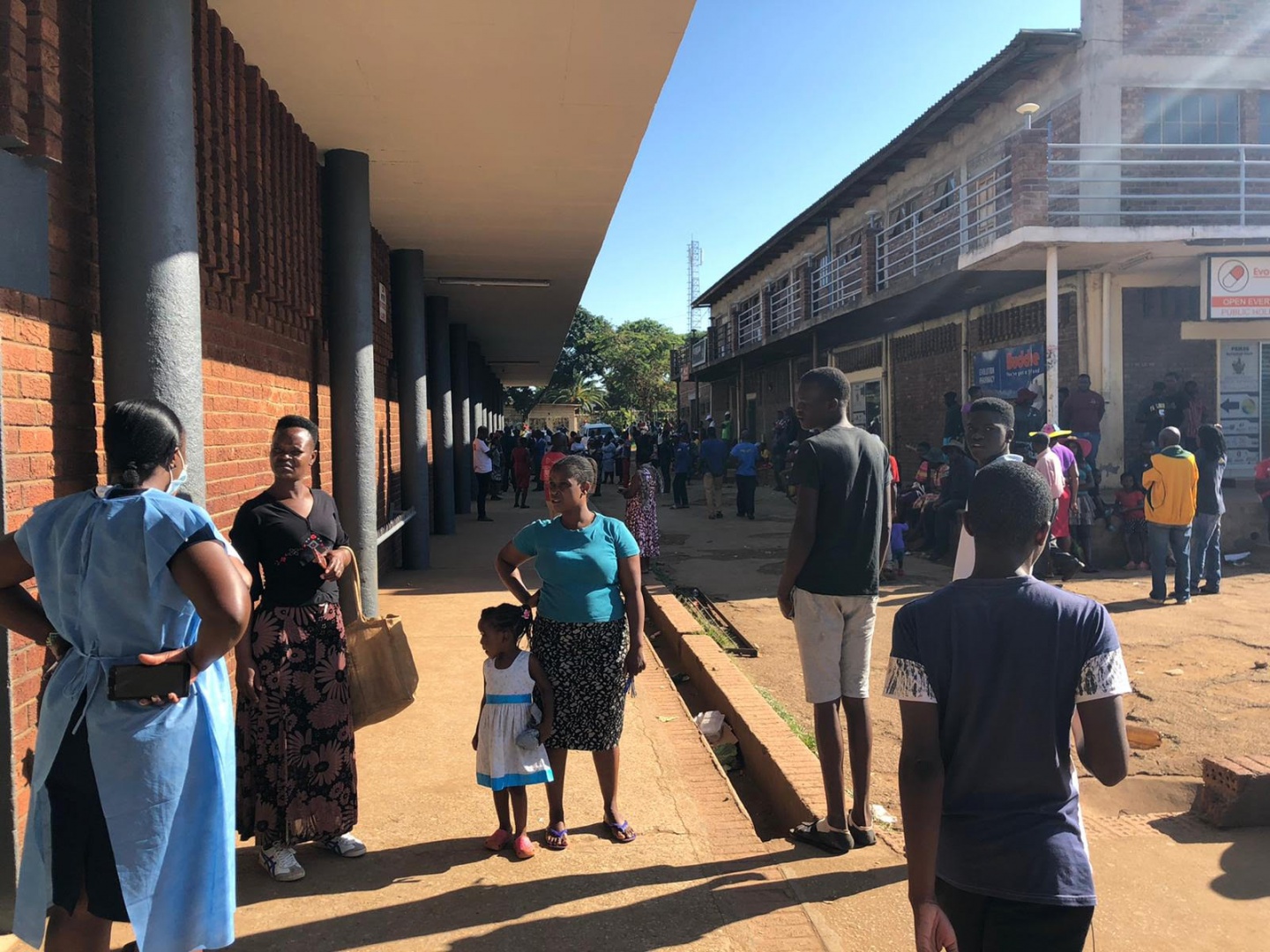2 April, 2020The lacklustre approach on COVID-19 by the Zimbabwean government can lead to a disaster in a country battling with widespread hunger, high unemployment, water shortages, and an economic crisis, says IndustriALL Global Union affiliate the Zimbabwe Energy Workers Union (ZEWU).
Martin Chikuni, ZEWU general secretary, says:
“Whilst Zimbabwean statistics to date of infected people and confirmed deaths due to the coronavirus seem low; we believe there is a looming possibility of a massive catastrophe given our already compromised health delivery system. The situation is worsened by the socioeconomic crisis, which has gripped the country for two decades.
“ZEWU is concerned that Zimbabwe’s collapsed health delivery system, underequipped hospitals and the complex equipment required to combat COVID-19 are clearly beyond the country’s capacity. How will Zimbabwe handle a crisis of this magnitude?”
Official statistics from the Ministry of Health and Childcare say as of 31 March it conducted only 274 tests. The figures also state that over 16,000 travellers who arrived from countries with known COVID-19 cases were neither screened nor tested.
An infectious diseases hospital in Harare identified as a treatment centre for the coronavirus that it had no ventilators. The hospital is now under renovations.
One of the COVID-19 prevention methods is washing hands with soap and water, but Zimbabwean cities, including the capital Harare, have no regular water supplies. The residents have resorted to digging wells.
Joseph Tanyanyiwa chairperson of the Zimbabwe IndustriALL national coordinating council which represents five affiliates in the chemicals and plastics, energy, garment and textile, leather and shoe says Zimbabwe’s response to COVID-19 is ad hoc and reactive.
“It seems the strategy for the lockdown is for people to stay at home, and only when they get sick will they be screened and tested. The lockdown will be difficult for the informal workers who are the majority. Most of them don’t have contingency plans and 21 days is a long time without an income.”
The union says it is worried that the country continues to face shortages of basic food, like the staple maize meal or mealie-meal and fuel.
“People are stampeding for basic commodities, thereby making it difficult to exercise social distancing. Shortages of fuel and the use of public transport, especially overloaded buses, compromise the situation.”
ZEWU is campaigning for paid leave and job security for workers during the 21-day lockdown. The union also wants employers to provide personal protective equipment to slow the spread of the coronavirus as most of its members are from workplaces where they interact with the public.
The union is also providing information on COVID-19 to its members and have set up a common communications centre for members to contact the union when they need help.
